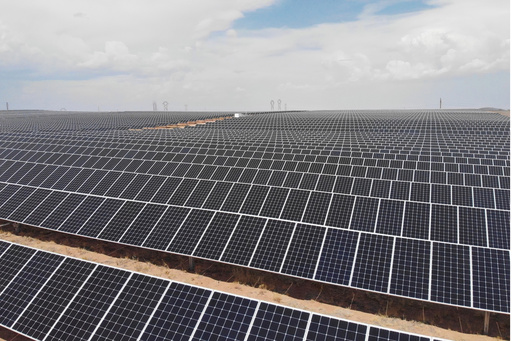Ukraine’s Prime Minister expressed concerns on Tuesday about the upcoming winter, stating it could be the country’s most challenging since the Russian invasion began. Ongoing airstrikes targeting Ukraine’s energy infrastructure have severely impacted the nation’s power generation capacity, forcing heavy reliance on nuclear power stations and electricity imports from EU countries.
Prime Minister Denys Shmyhal emphasized the pressing need for energy resilience during a news conference in Kyiv, mentioning the government’s collaboration with European nations to decentralize power generation. This initiative aims to reduce vulnerabilities to attacks by expanding renewable energy sources, a move supported by environmental organizations.
Greenpeace suggested the implementation of a decentralized solar power network to enhance resilience against potential strikes and swiftly restore domestic capacity. The group proposed international investments totaling around 4.5 billion euros ($4.9 billion) by 2030, with a focus on solar photovoltaic projects.
The UN and World Bank reported a significant loss of power-generating capacity in Ukraine since the war began, including a substantial reduction in solar power due to Russian occupation of sun-rich regions in the south. Prior to the conflict, traditional sources like coal, oil, natural gas, and nuclear energy dominated Ukraine’s energy mix, making up nearly 95% of the total.
Greenpeace’s Alexander Egit urged Western donor nations to support renewable energy projects for Ukraine’s reconstruction post-war. Emphasizing the importance of decentralized renewable energy, Egit highlighted the need to rebuild Ukraine as a modern, green, and self-sufficient nation.
The shift towards renewable energy is crucial for Ukraine’s energy security, especially amidst ongoing conflicts and attacks on its infrastructure. The government’s efforts to diversify its power sources and increase resilience are seen as vital steps towards a sustainable and independent energy future.


